Romania is a country with a rich history and a variety of landscapes. It’s also known for its castles, mountains, and beaches. Many tourists come to visit this country because it has beautiful scenery and culture that is unique in Europe. If you are thinking about retiring here, then consider these places!
Why Retire in Romania?
Romania is a beautiful country with a rich history. It has been home to many great civilizations, including the Roman Empire, the Byzantine Empire, and others. The country also has many natural resources, such as oil and gas deposits, that make it one of Europe’s wealthiest countries in terms of gross domestic product per capita (GDPPC).
Romania is also affordable when compared to other European countries like Greece or Spain—and that’s not even including its tourist attractions! In fact, if you’ve ever dreamed about retiring abroad but didn’t know where to go first… Romania might be your answer!
There are plenty of opportunities for ex-pats here, too: volunteering opportunities abound from teaching English at local schools or helping out with charities; there are also several ex-pat communities around which you can meet people who understand what you’re going through, weather-wise. Well, yes…it’s milder than most countries I’ve lived in before, so don’t worry about winter coming early this time around 🙂
The Romanian people are incredibly friendly and welcoming; they’ll help you out if you need it. The country has an amazing history that you can learn about by visiting its many historical sites, museums, and churches. In fact, the Romanian Orthodox Church is one of the largest in Europe!
7 Best Places to Retire and Live in Romania
Here are the best places to retire and live in Romania.
1. Sibiu
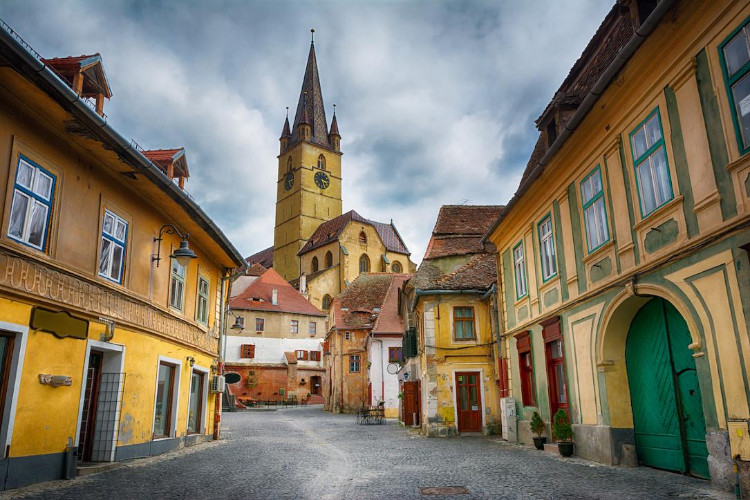
Sibiu is a city in Transylvania, Romania. It was initially founded by the Saxons as Sicambri and later became known as Szeben. The official name of the city was changed to Sibiu during Hungarian rule in 1857 after it fell under Magyarization efforts. In 2006, UNESCO declared Sibiu, an Educational City of Culture due to its rich cultural heritage, including ethnic minorities such as Hungarians or Germans who settled here during Ottoman times or the Austro-Hungarian Empire times respectively; it also boasts architecture from all eras, including Baroque churches built between 16th century until today’s modern structures like Hotel Intercontinental (opened up since 2002).
Why retire in Sibiu?
Sibiu is an unofficial capital of Transylvania because it’s where most tourist attractions are located around: Botanical Garden (opened in 1987), National Museum showing off artifacts dating back to prehistoric times when humans first arrived here; Castle Cluj-Napoca, which dates back centuries ago but has recently undergone renovations so you may want to check out what they’ve done before going inside!
2. Brașov
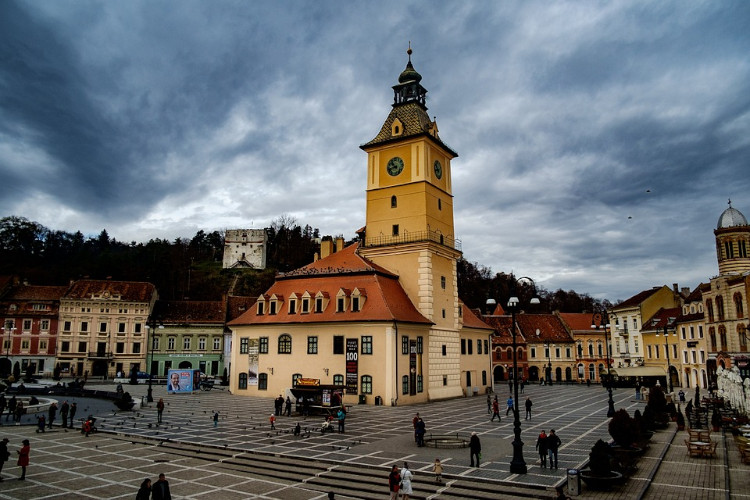
Brașov is a city in Transylvania, Romania. The city has a population of 145,000 and is the capital of Braşov County. It’s also the largest city in the historical region of Transylvania. Brașov was named after Prince Nicholas de Bratianu (1753-1802), who founded it as an administrative center for his estates around 1680. It was initially known as “Pleasanta”, then later changed to its current name when it became part of Romania in 1920 following World War I.
Why retire in Brașov?
The city is a popular tourist destination, with many attractions, including Bran Castle (Dracula’s Castle), the Black Church, and the Merry Cemetery.
3. Bucharest
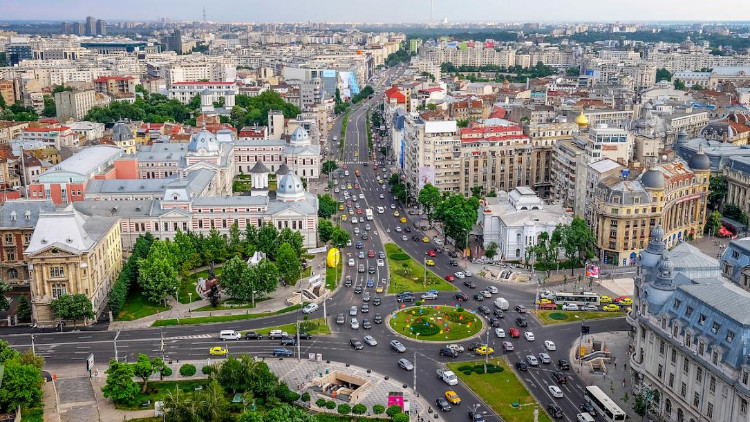
Bucharest is the capital and largest city of Romania. It is also one of the most important cultural, industrial, and financial centers in Europe. With a population of 1.9 million people, it’s one of the largest cities in Europe!
Why retire in Bucharest?
Bucharest has some great amenities for retirees, such as parks, museums, and many historical buildings, which make it an ideal place to retire if you are looking for somewhere unique or exciting to live in Romania! It also has some of the most beautiful architecture in Europe, which makes it an ideal place to live if you are looking for somewhere unique or exciting to live in Romania!
4. Cluj-Napoca
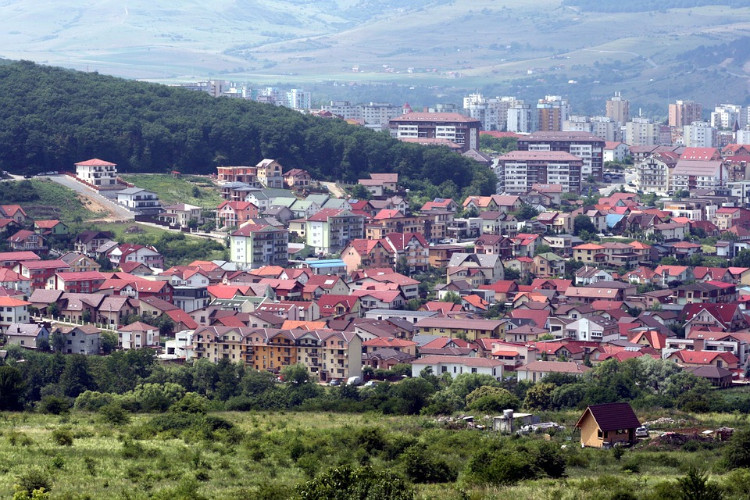
Cluj-Napoca is the second largest city in Romania and has a population of around 300,000. It is located in Transylvania, which is known for its rich history as well as beautiful nature. The city was founded by King Matthias Corvinus in 1459 and was named after him until 1844 when it was renamed after its capital city: Cluj Napoca (Cluj being an old Hungarian word for “river”).
Why retire in Cluj-Napoca?
Cluj-Napoca has become one of Europe’s most important cultural capitals thanks to its universities (including Babeş-Bolyai University), museums (such as the Museum of Natural History), art galleries, and concert halls that are home to some of Romania’s most acclaimed musicians such as George Enescu or Alina Eremia.
5. Constanța
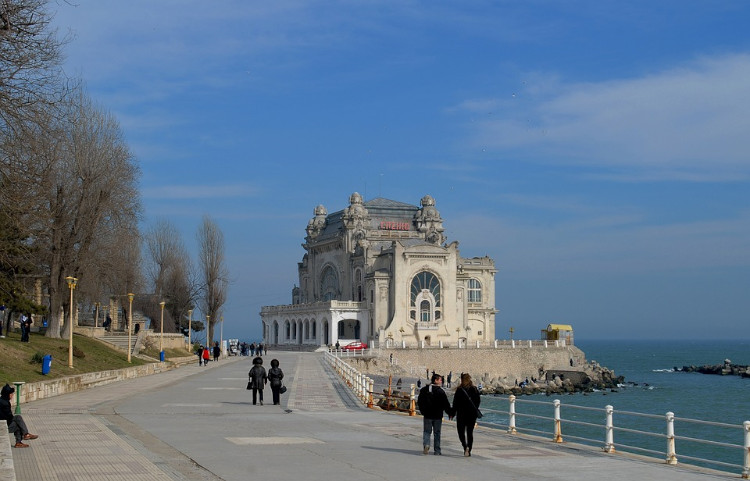
Constanța is a city on the Black Sea Coast of Romania. It is the second largest city in Romania, and it’s also one of Europe’s most popular tourist destinations. Constanța has a rich history that dates back to Roman times; its name comes from Constantine I, who conquered this region in AD 330. The area grew into an important seaport during Byzantine times, which led to its importance as a trading post during Ottoman rule (15th century). In 1878, it became part of Romania after being given autonomy under Prince Carol I as part of reforms influenced by France’s Napoleon III regime—a move that increased trade along with other factors like improved transportation links between ports across Europe at that time period.
Why retire in Constanța’s?
Constanța’s economy is currently centered on shipping, tourism, agriculture, and industry. It has a sizable port that handles over 2 million passengers each year. The city has a population of around 300,000 people, and its area covers more than 100 square kilometers.
The city is a popular tourist destination because of its beaches, which line the Black Sea Coast. It also has some interesting historical sites like the Princely Court Palace, where Romania’s last Habsburg monarch, King Carol I (1839-1914).
6. Târgu Mureș
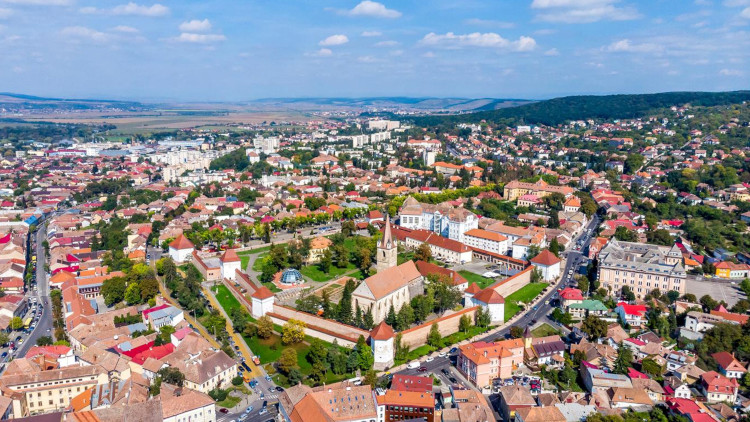
Târgu Mureș is a city in the southwest of Romania, located on the banks of Lake Mureș. With approximately 120,000 inhabitants, it has a large Hungarian minority and a smaller German minority. Târgu Mureș also houses one of Romania’s largest universities: Danube University Babeș-Bolyai (or BUDAB). The city is the seat of Târgu Mureș County, and an important industrial center for the region. The city is also a large railway junction, with connections to all major Romanian cities.
Why retire in Târgu Mureș?
Târgu Mureș is a relatively affordable city to live in, with living costs being about 15% cheaper than the national average. The city has good public transport connections with other cities and towns in Romania. It also houses one of Romania’s largest universities: Danube University Babeș-Bolyai (or BUDAB).
Conclusion: Retire in Romania
When choosing a place to retire, consider the cost of living and the weather. The cost of living is the amount you’ll need to spend on basic necessities like food, housing, and transportation in order to live comfortably. In some places, this might be high, while in others, it may be low. Weather also plays into this equation, as some places have mild winters or hot summers while others have cold winters or warm summers.
There are many places to retire in Romania. We have covered the best places to live and enjoy your retirement years in detail, so you don’t have to do much work in deciding which city is right for you.